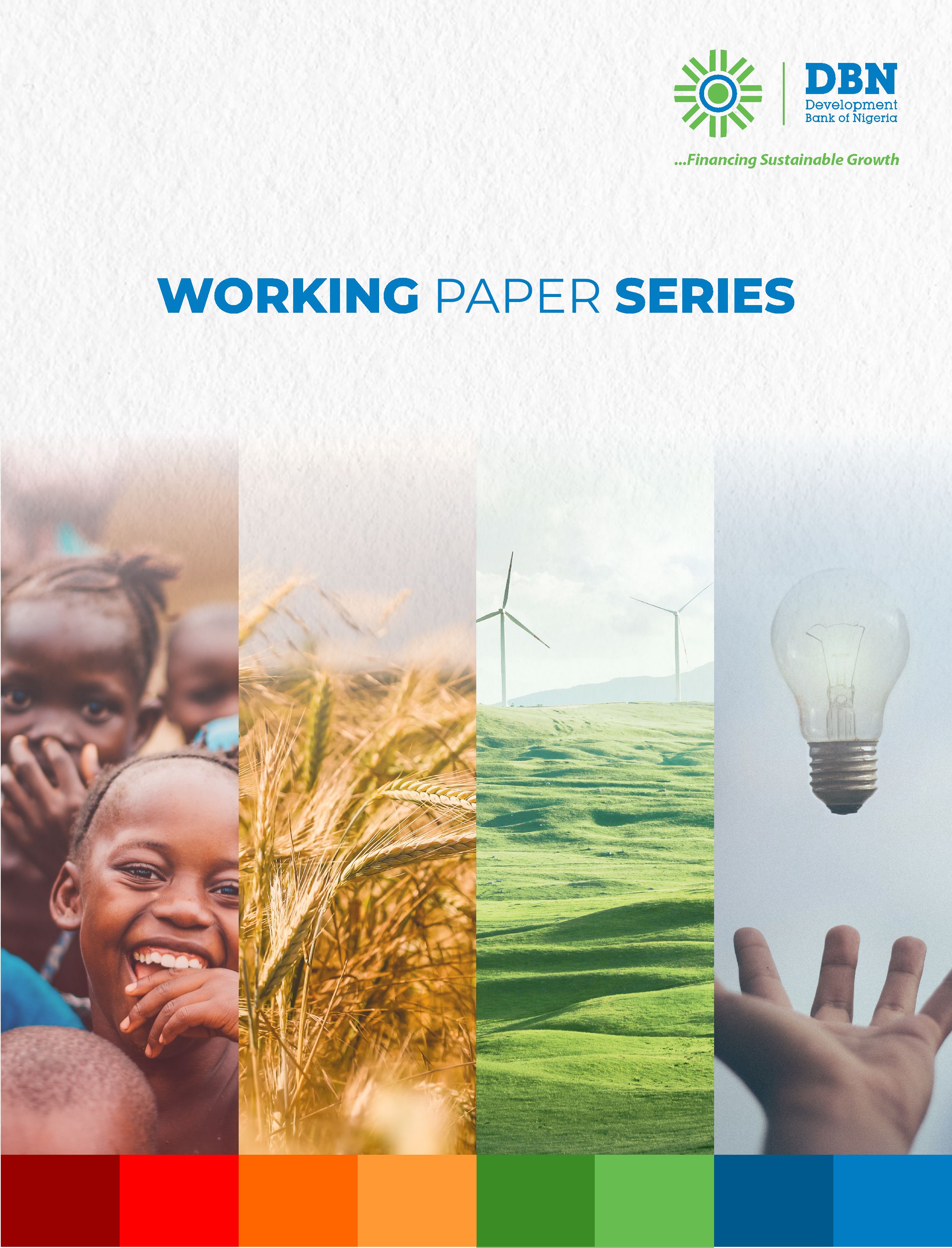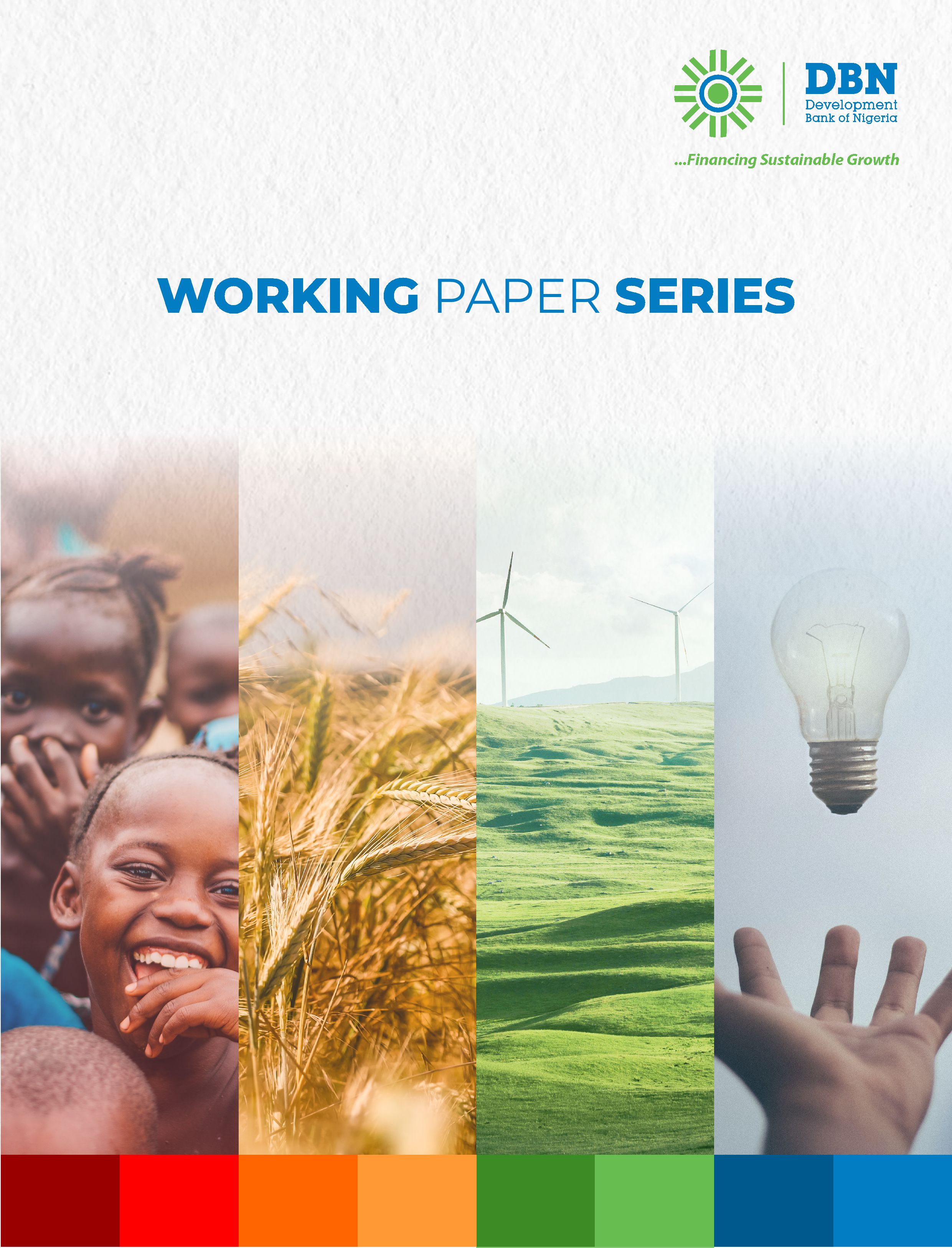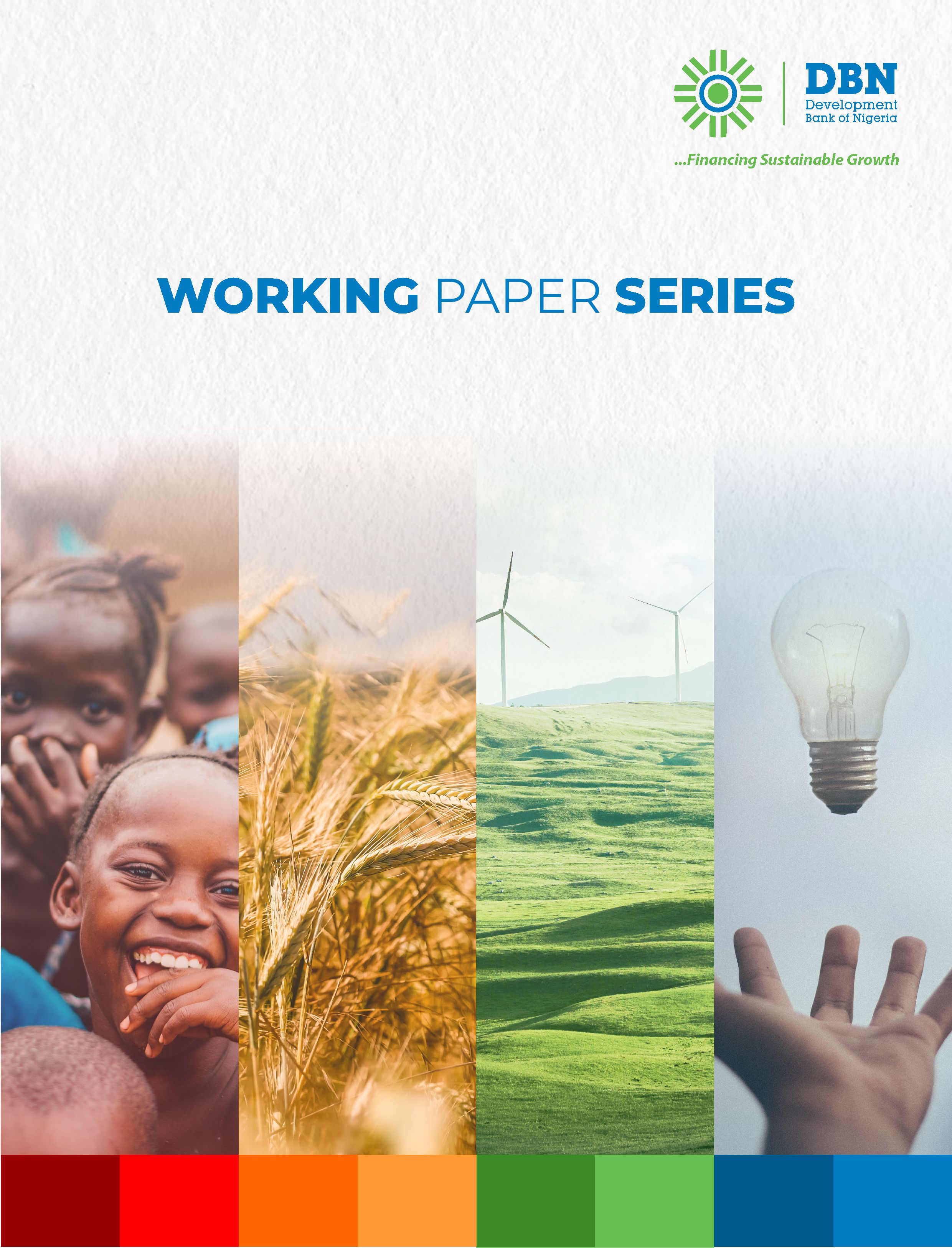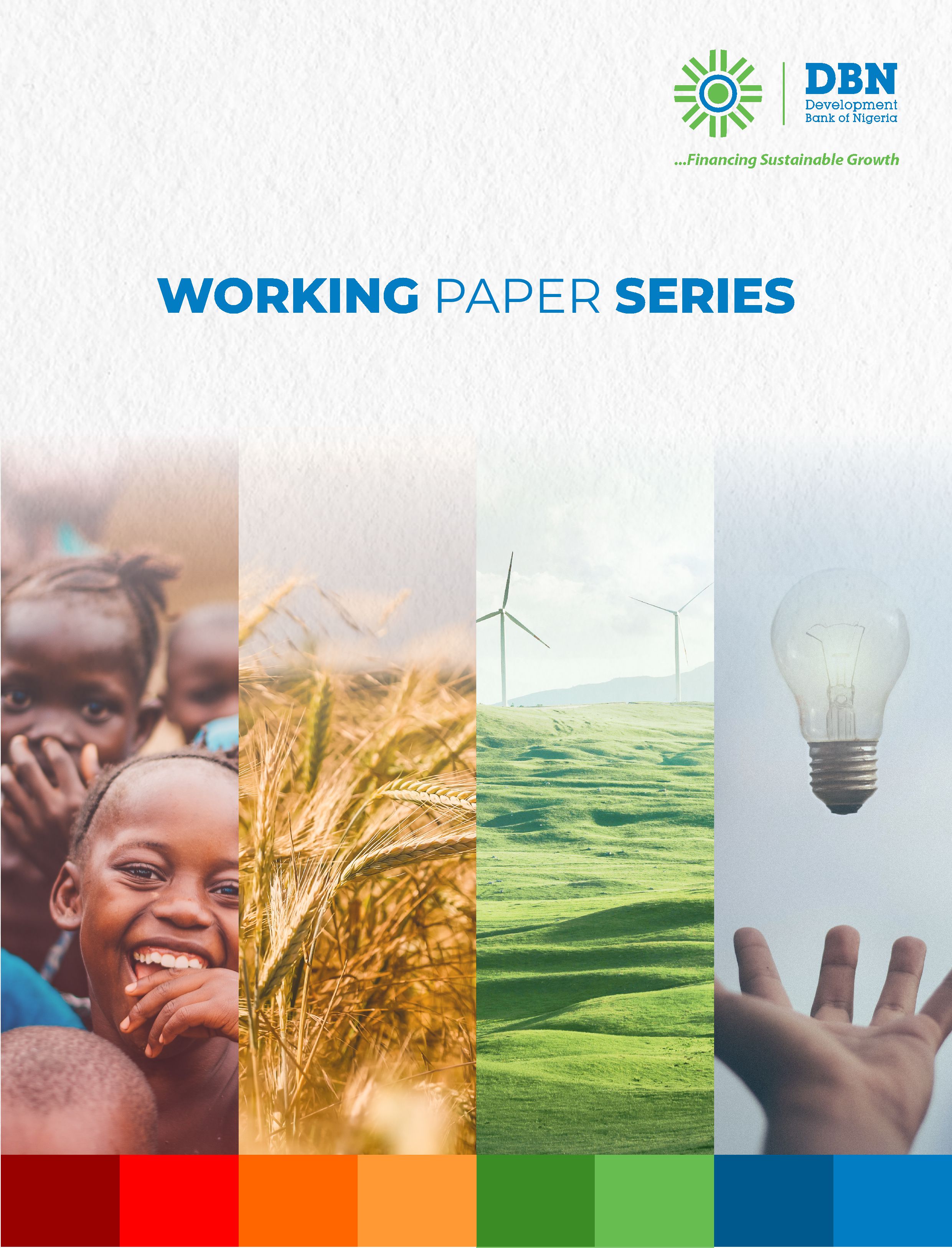
Publication Information
Published by: Admin
Published: 1 month ago
View: 26
Pages: 34
ISBN: 1
Abstract
Purpose - The purpose of this paper is to critically examine the
multinational oil companies’ (MOCs) corporate social responsibility initiatives
in Nigeria. Its special focus is to investigate the impact of the global
memorandum of understanding (GMoU) on improving gender-responsiveness of
agricultural extension systems in the Niger Delta region of Nigeria.
Design/methodology/approach - This paper adopts an exploratory method
in a quasi-experimental research design. The
primary data used were gleaned through a survey of a sample of 1200 respondents
selected from all over the nine states of the region using multiple sampling
techniques while the secondary data were generated from the publications of the
MOCs, archives of the host communities as well as publications of the National
Bureau of Statistics (NBS).
Findings - The results from
the use of a combined propensity score matching and logit regression indicate
that the little CSR intervention of the MOCs in the host communities toward
access to agricultural extension services have made significant
impact in the areas of women’s adoption and use of improve farming inputs and
technology and has enhance the women’s economic capacity and general wellbeing.
Practical
implications - This suggests
that an increase in CSR targeted at agricultural extension in empowering
women and increasing their incomes and their family’s food security, can bring
knowledge and skills to those who need them the most.
Social implications -
The
findings play a significant role in identifying sources of bias and inequality,
and bottlenecks in furthering studies on gender-sensitive impact assessment of
reforms in extension systems, food security and agricultural development.
Originality/ value - This
research contributes to gender debate in agricultural extension from a CSR
perspective in developing countries and explains the rationale for demands for
social projects by host communities. It concludes that business has an
obligation to help solve problems of public concern.
Keywords
Gender, agricultural extension service, rural advisory services, corporate
social responsibility, multinational oil companies, sub-Saharan Africa
Paper type Research paper
Related Publications

VOLUME 8 ISSUE 3 2025
Does financial inclusion increase participation in global value chains? Evidence from African countries

VOLUME 8 ISSUE 3 2025
Optimising the Distributed Telecoms Asset Maintenance Practice using Blockchain and Digital Twin technologies

